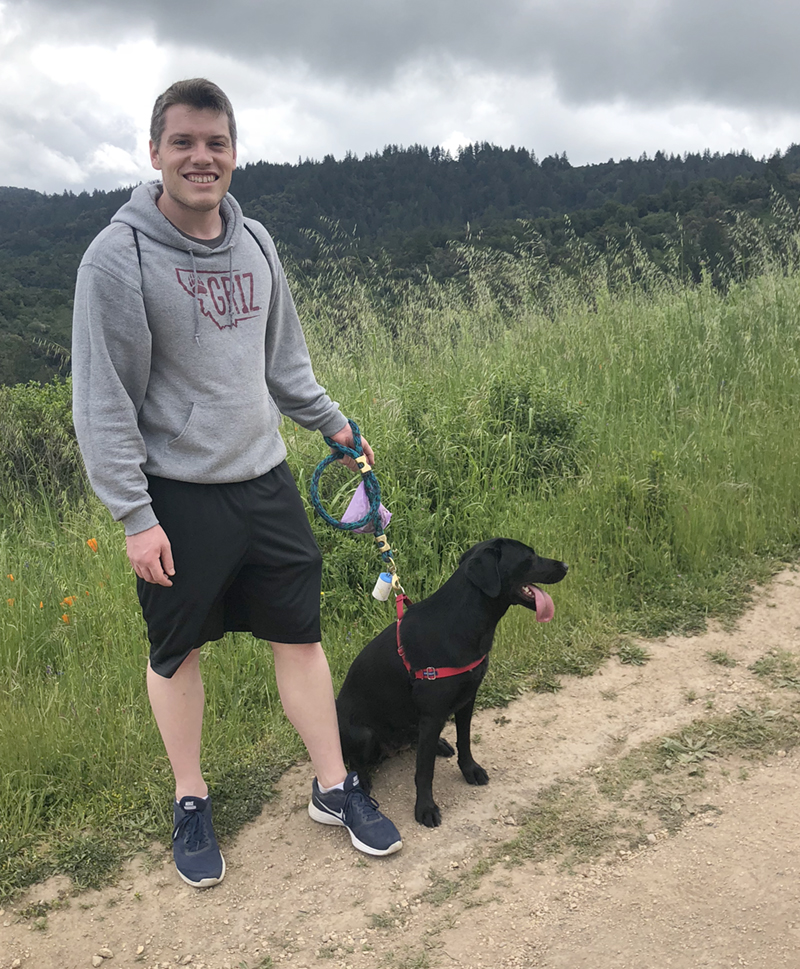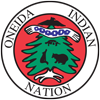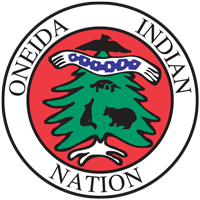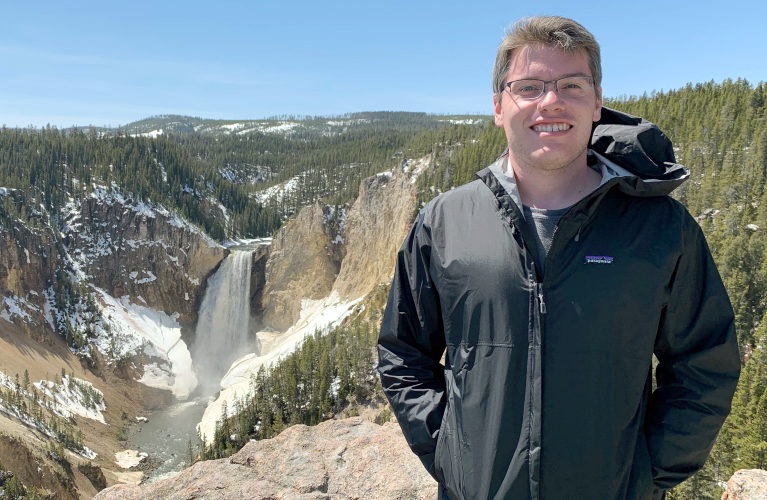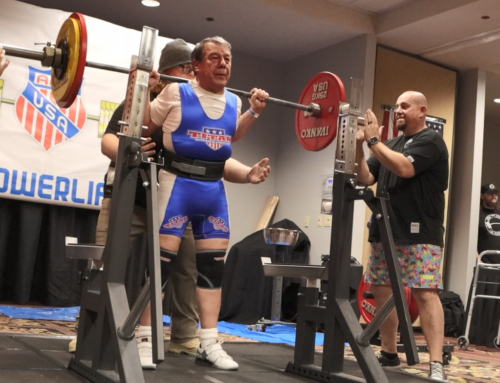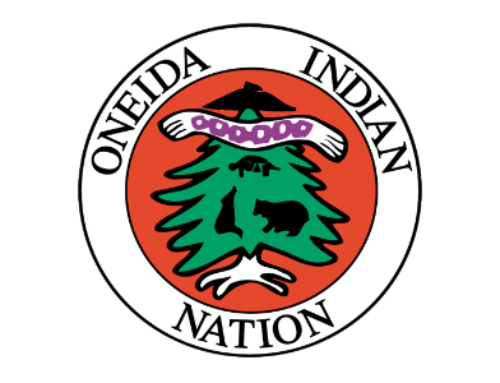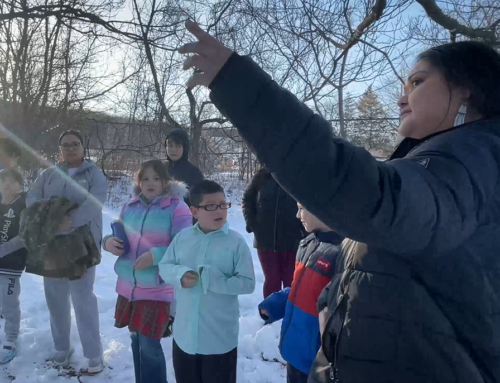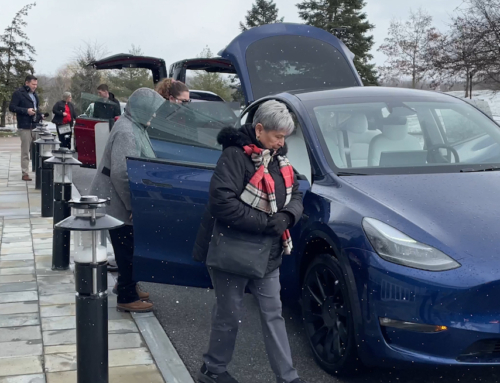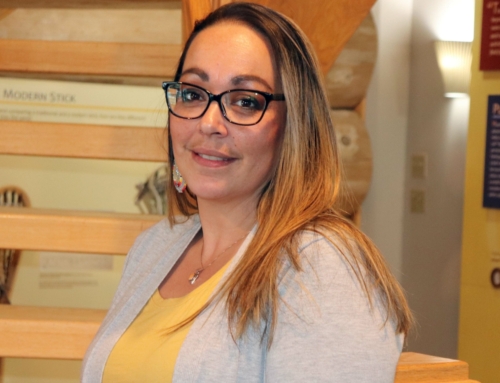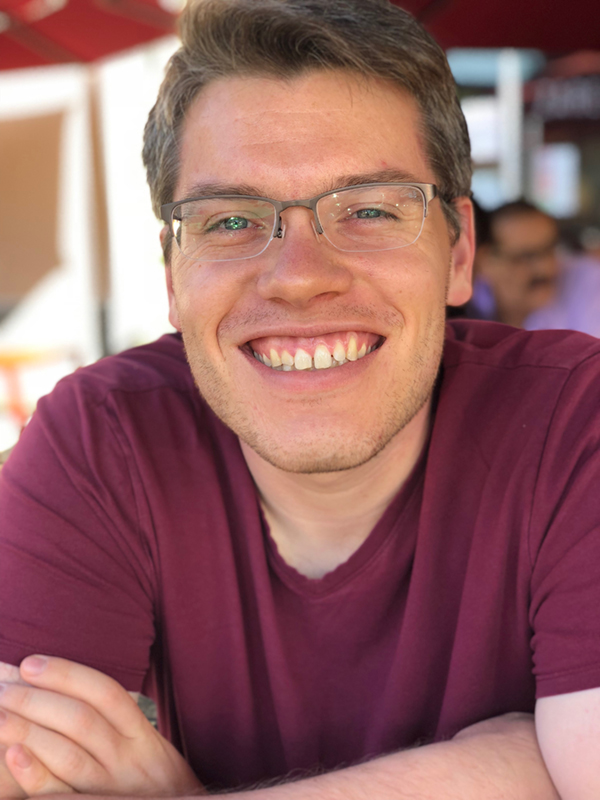
Computer science and biology don’t usually appear together very often, but the two are not mutually exclusive. In fact, there are many ways the former can impact the latter. Nation Member Mark Berger (Turtle Clan), a Ph.D. student at Stanford University in California, is setting a research path that mends the two disciplines to help people make better-informed decisions concerning their biological health.
Mark received his Bachelor’s in computer science in 2016 from Stanford, and soon after, began a Master’s program while working as a research assistant in a lab. He used that experience to apply to the Ph.D. program and earned his Master’s in the process. Currently, he’s taking a leave of absence to take advantage of job opportunities in Silicon Valley that will expose him to new areas and other potential research topics.
With the technical expertise of computer programming, Mark hopes he can provide a clearer picture for people grappling with the fear of familial diseases or potential genetic mutations. Those pictures could help women take early action to prevent the development of breast cancer later in life or stop the transmission of sickle cell anemia to the next generation.
When determining what to specialize in, Mark was drawn to genetics. He molded his studies to combine aspects of computer science, biology and the broader subject of genomics. His undergraduate research with biomedical data science associate professor, Dr. Gill Bejerano, explores how to improve genomic data. As a junior, Mark co-published a computer program that helps clinicians diagnose patients with genetic diseases. Their program is now used by doctors around the world and in over one hundred other research studies.
“Genetics as a field is changing a lot. It’s much cheaper to sequence DNA now and once you do it, everything afterwards is done on computers,” Mark said. “I’m more interested in data analysis than the physical experiments so I try to come up with new applications to process and interpret the data.”
Mark says he was always interested in computers first. As a participant in the Oneida Indian Nation’s Youth Work Learn program, he was able to get hands-on experience working at its digital media production department and started developing his programming skills with classes at Manlius Pebble Hill, where he attended school since second grade.
“MPH was great and I’m super thankful to the Nation for assisting in the funding of my education,” Mark said looking back on his educational experiences. “I’m lucky that I can live in California now doing work that I’m passionate about, but I definitely look forward to coming back to Oneida.”
Mark starts his new job in May and looks forward to restarting his studies soon.
